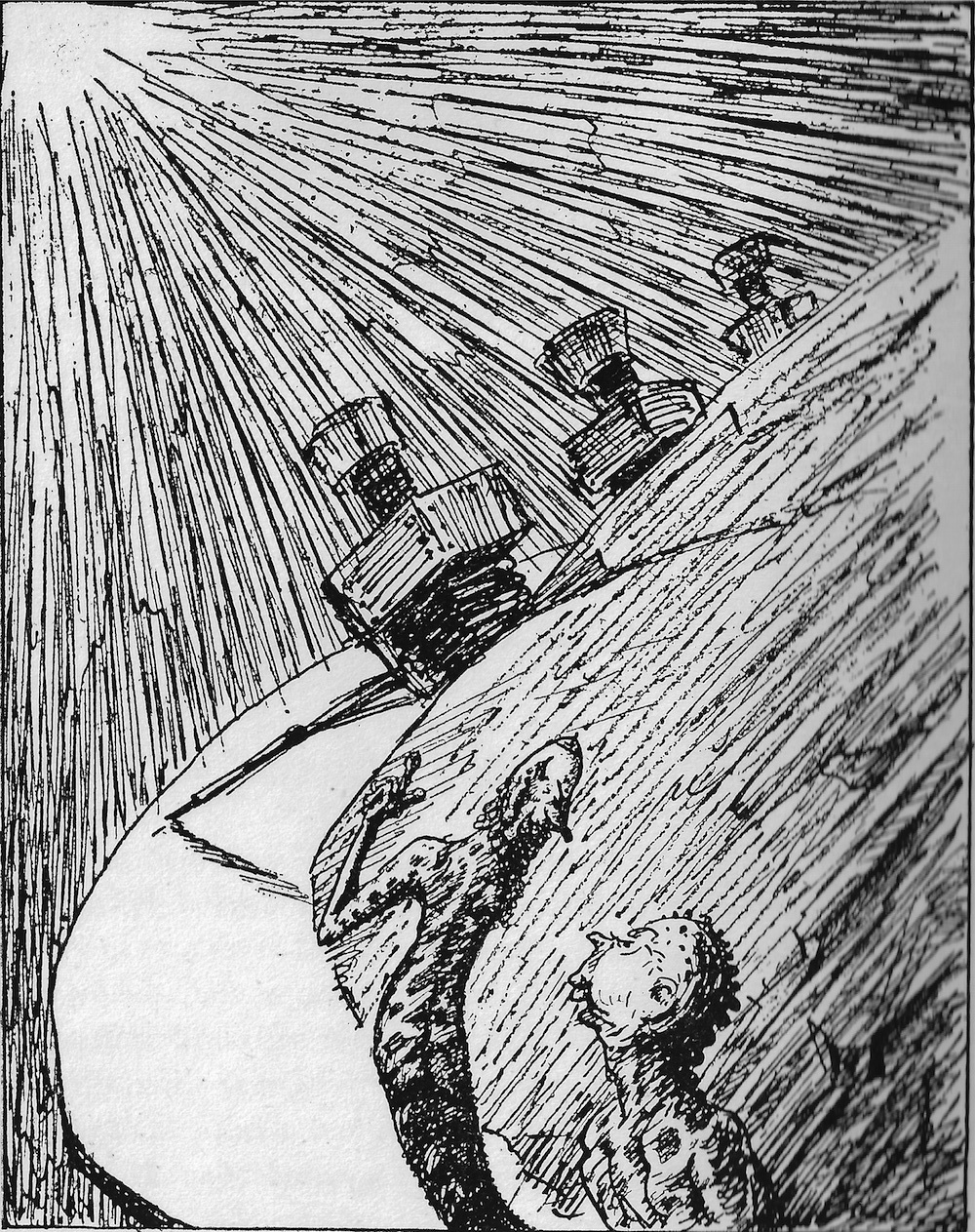The Extraterrestrial Reader

While the aim of astronomers and cosmographers is to transform the inhabited cosmic space in a readable text, it is undeniable that the history of extraterrestrial poetic implies the history of an implied readership. The philosopher Hippias may have considered the question about the existence of the inhabitants on the moon as wholly irrelevant. Yet, he was in the wrong. The novel Geschichte des Agathon by Wieland, from which Hippias originates, pursues the lunarians (“Mondbürger”) almost obsessively; likewise, also the literature of the Enlightenment at large is entangled within the net of the same fixation. What initially was nothing more than one scattered trope, during the 18th century grew into such a narratological size that it soon gave rise to a new – cosmic – narrative perspective as well as to a novel historical subject, namely the human species. Against this backdrop, the project The Extraterrestrial Reader is concerned with the effects that the spreading of narratives into the inhabited galaxy has on the very narrative act. On the one hand, it pursues an ‘unclassical’ literary aesthetic whose purpose is to dissolve thoughts about the infinite by creating its correspondent precisely within the very infinite, rather than by merely relying on the Beautiful. On the other hand, the project sheds light on the relation amongst the extraterrestrial use of metaphors, technical narrative innovations and cultural-historical epistemology although in this context, the cosmic narratives that are linked to the theory of evolution are of vital significance. In the process of investigation, we will ascertain the emergence of an agency that has substantially characterised the literary production of the past three centuries; at the same time, we will realize that to gain access to it removes the boundary between the literary canon and Science Fiction as well as between extraterrestrial fiction and cultural-historical reflection


